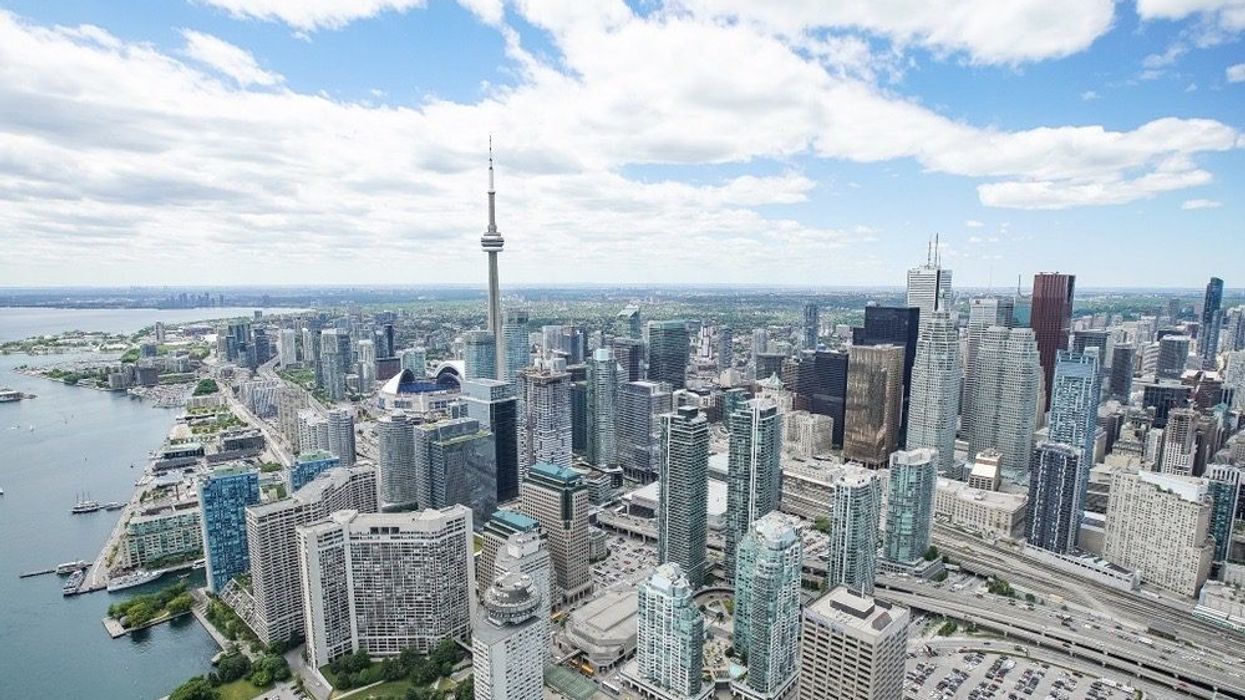Toronto's vacant home tax is one step closer to becoming a reality.
On Tuesday, city council’s executive committee approved a staff report focusing on the tax design and implementation that calls to introduce a 1% tax on all vacant properties in Toronto at the start of 2022.
According to the City, the goal of the tax is to change the behaviours of vacant home homeowners, encouraging them to sell or rent out the homes, thereby increasing the housing supply. A home is considered vacant if it has been unoccupied for more than six months during the previous calendar year, however, some exemptions include the death of the owner, the homeowner is under medical care, or the home is undergoing renovation.
Once passed, residential property owners would be required to make a declaration each year by the deadline and could be subject to a city audit to verify whether the home is vacant or not.
READ: Toronto’s 1% Vacant Home Tax Could Come Into Effect at Start of 2022
“A vacant home tax will result in a much-needed increase to Toronto’s housing supply, so I’m happy to see it approved today," said Mayor John Tory.
"The vast majority of Toronto property owners will not pay this tax, but its benefits will be felt by residents in need of a place to live. We simply can’t afford to have housing for thousands of homes sitting empty. You may live in it, you may rent it, but if it sits empty you will pay a tax that helps us build more affordable housing people can live in," added Tory.
Staff are proposing the initial tax be 1% of the assessed home value. For example, if a home that was declared vacant was assessed at $1 million in 2022, the owner would be subject to a $10,000 annual tax.
While the number of vacant homes in Toronto is currently unknown, using Vancouver’s tax metrics -- assuming 1% of Toronto’s housing stock is vacant, at a tax rate of 1% on the average Toronto home’s current assessed value -- this could equal $55 million to $66 million in tax revenue per year.
As part of the tax design, property owners will be required to declare the status of their residential home each year to determine the home’s occupancy status and whether the tax is payable. Property owners who don’t complete their declaration could have their unit deemed vacant and be subject to the tax.
If approved by council, a bylaw supporting the tax would come into effect on Saturday, January 1, 2022, and that date would also become the start of the first tax reference year, which is the year that determines whether the tax is payable. The tax would then become payable for the first time in early 2023, based on the occupancy status during the prior reference year.
The City says certain properties may be selected for audit on a random or specific criteria basis. If selected for audit, the owner would be required to provide information and evidence to establish whether the home was vacant or occupied during the reference period. To ensure compliance and that tax payments are being made as required, the tax will include provisions including penalties for failure to pay, fines for various offences, and a dispute resolution process.
Next, council will consider the staff report during their upcoming meeting -- running from Wednesday, July 14 to Thursday, July 15. If approved, a final report and bylaw will be prepared for council's review by the end of 2021.





















